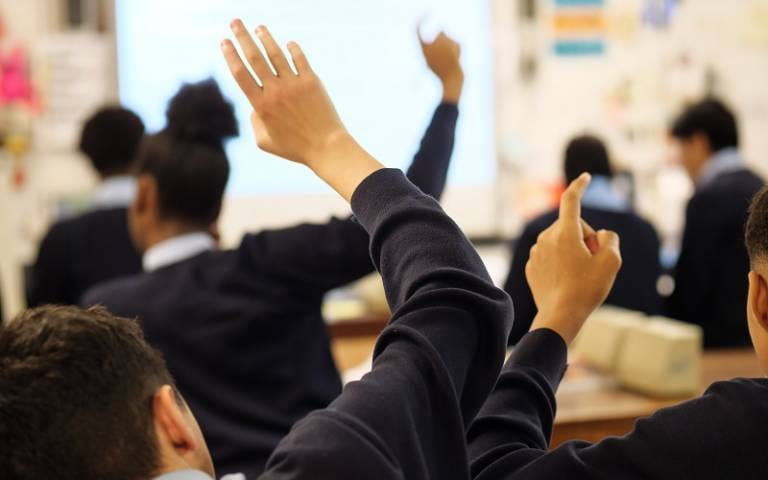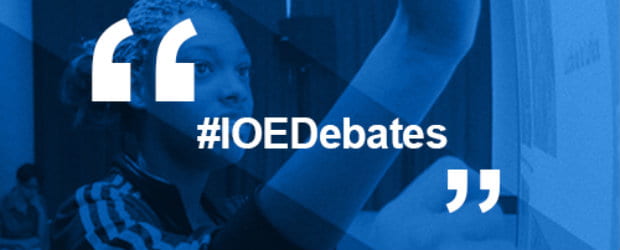Votes at 16: the role of Citizenship education
By IOE Blog Editor, on 4 December 2025

Credit: meeboonstudio via Adobe Stock.
4 December 2025
By Hans Svennevig, UCL Institute of Education, with Sera Shortland, Mackenzie Dawson-Hunt and Tania Malik
Votes at 16, a manifesto commitment of the current Labour government, brings in an increase in voter franchise in England. Campaigns to increase the franchise to 16- and 17-year-olds have been around for some time, and this policy brings England in line with Scotland, which has had the right since 2015 and Wales since 2017 (in each case with voter registration starting at age 14). Northern Ireland looks set to follow in 2027.
As educators, we believe the best way to make this reform meaningful is to have high quality Citizenship education. Prime Minister Sir Keir Starmer agrees, as does the recently announced Curriculum and Assessment Review report and the government’s response to it. These reforms and the Children’s Wellbeing and Schools Bill, requiring academies to follow the National Curriculum, will help improve Citizenship education. Research from a range of academics, including Germ Janmaat at the IOE, or colleagues at the Association for Citizenship Teaching, Middlesex University, Nottingham Trent University and the Royal Holloway University highlight the value of this provision. (more…)
 Close
Close











